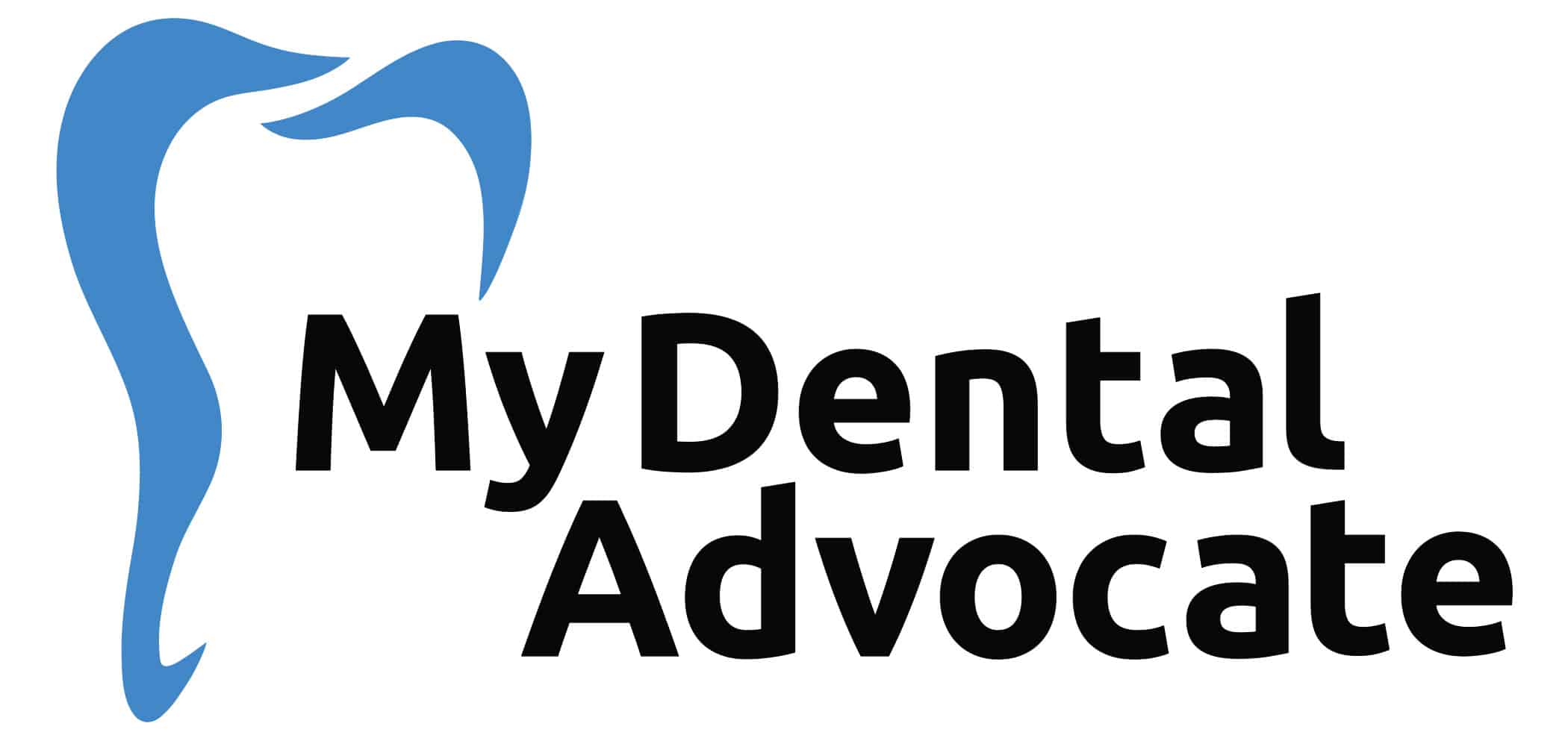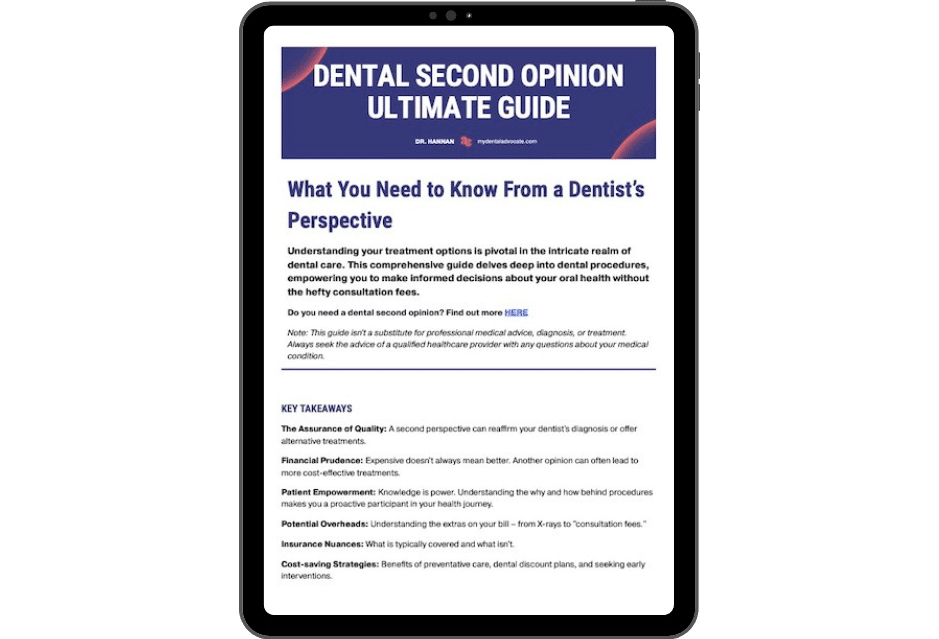Best Dental Advice (Dentist Perspective) | Part 2
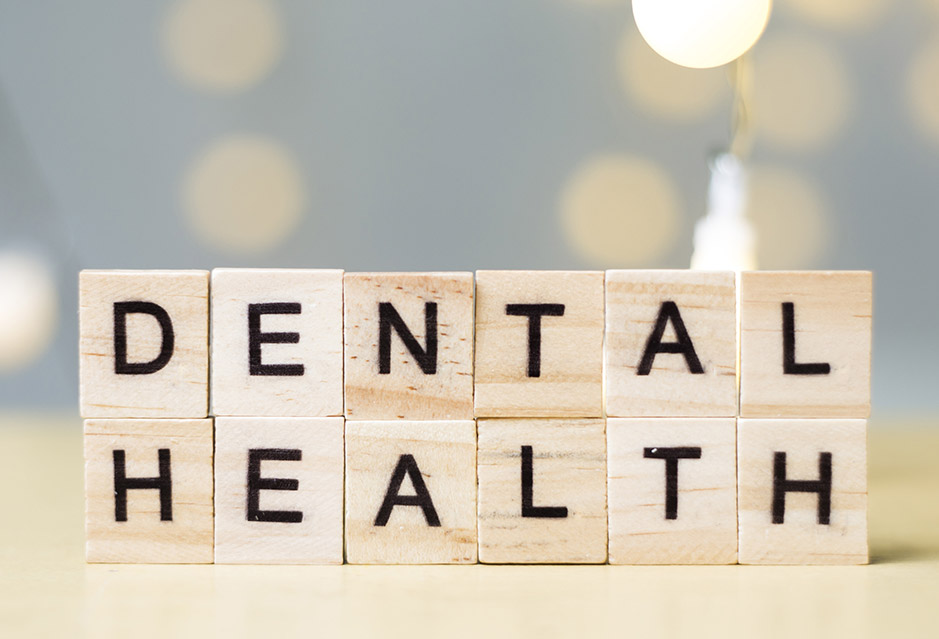
According to a recent study, Only 25.8% of children reported a high oral health knowledge.
Yet, we have many resources to learn about healthy dental habits, revolutionary dental products, and preferred dental treatments.
After years of clinical practice and fielding countless questions, we’ve compiled a list of the Best Dental Advice | Part 2 for individuals seeking to improve their oral health.
Recommended Reading: Best Dental Pearls of Wisdom | Part 1Need Dental Advice? Ask Dr. Hannan!
1. Visualize the Problem
The experience of going to the dentist may feel similar to taking your car in for service.
We’ve all been there, a mechanic evaluates your car, only to return and tell you something is wrong.
So now you’re forced to decide without having visual evidence of the problem.
It shouldn’t have to be that way for your teeth.
Between dental x-rays and intraoral photos, the dentist can explain most dental issues. It’s easier to move forward with treatment after visualizing problems rather than taking someone’s word.
For example, bone loss can be visualized on x-rays and confirmed with periodontal probings for periodontal disease. Trust but verify!
Related: Best MDA Recommended Products
2. Bone Graft Prevents Bone Loss
Tooth extractions affect millions of people every year. After tooth extractions, there’s a void left in the bone. Soon after, a blood clot forms, stimulating bone regeneration (bone formation).
Unfortunately, the bone level around adjacent teeth may decrease, leading to less bone support.
Common Reasons
- Bone loss
- Tooth decay
- Failing root canal
- Financial concerns
- Broken teeth
- Misaligned teeth
Bone graft prevents this and fills in the space after an extraction.
A bone graft is always necessary if an implant is treatment planned; however, consider having a bone graft placed even if you’re not replacing the tooth.
Benefits of Bone Graft
- Prevents bone loss
- Minimizes teeth shifting
- Prevents dry socket
- Aids in clot formation
- Prevents food impaction
Bone graft is a financial commitment; however, it comes with many benefits that you should seriously consider.
Related: Read more about Dental Extractions
3. Partial Dentures are Cost-Effective
Maintaining teeth should always be desired; however, dental issues become more prevalent as we age.
The more missing teeth, the more enticing partial dentures become. On the other hand, the bar is set low when discussing complete dentures to patients.
Countless patients return frustrated because of how challenging they can be, however with help and support from their dentist, patients will become more comfortable eating and speaking with dentures.
Recommended Reading: Dr. B Dental Solutions Review (Denture Care)Removable partial dentures are cost-effective for replacing multiple teeth and more secure, hooking around adjacent teeth. A partial denture costs the same whether you’re replacing 2 or 20 teeth.
Related: Learn more about Partial DenturesConventional full dentures require full-mouth extractions and can be problematic when chewing and speaking. Consider implant-supported dentures instead for a more secure fit.
Related: Learn more about DenturesIn practice, we set the bar low when explaining complete dentures to patients; however, countless patients return frustrated because of how challenging they can be. However, with practice, help, and support from their dentist, patients will become more comfortable eating and speaking with dentures.
4. Implants Are the Future
If the dentist can’t save teeth and full-mouth extractions are needed, consider implant-supported dentures rather than a complete denture.
Implant-supported dentures are essential when replacing lower teeth. Complete lower dentures without implants have little to no suction (unlike the upper denture), move around when talking, and are more prone to rock side-to-side.
Implant-supported dentures are a game-changer as the denture snaps onto four evenly spaced implants to prevent rocking and allow the tongue to move when talking without interference.
Related: Read more about Dental ImplantsAlthough it’s a financial commitment, I’ve seen countless patients ecstatic upon treatment completion.
Unlike the lower complete denture, the full upper denture relies on suction for stability. This suction is adequate for most individuals; however, implant-supported dentures are best if you desire a more secure fit.
5. Nightguards Protect Teeth
Now more than ever, stress and anxiety have become more prevalent in our society.
Stress affects our mood, attitude, and actions. Teeth commonly take on the brunt of our focus and worry, as many people clench or grind their teeth day and night.
If clenching or grinding occurs during the night, damage can occur without any opportunity for intervention. Consider being fitted for a nightguard to protect your teeth and oral health.
Related: Learn more about Oral Appliances
My Experience & Expertise
Patient education and empowerment are beautiful things that every dentist strives to accomplish.
Dentists continually learn about new products and techniques to help their patients achieve exceptional care.
Need a second opinion? We can help! Learn more. Knowledge is power when cultivating healthy dental habits. The more informed you are, the better positioned you’ll be to prevent avoidable and potentially costly dental procedures for you and your family. Watch for future blog posts, where we’ll continue sharing important information, product reviews and practical advice!
Sources
- Darwish MSA. Oral health knowledge and sources of oral health information among school children in Qatar. J Dent Health Oral Disord Ther. 2015.
- American Dental Association (ADA)

About the Author
Dr. Matthew Hannan, also known as “Dr. Advocate,” is a board-certified dentist on a mission to provide accurate dental patient education. He attended Baylor University before completing dental school at UT Health San Antonio School of Dentistry. He now lives in Arizona with his beautiful wife and 4 kids. Dr. Hannan believes everyone should access easy-to-read dental resources with relevant, up-to-date dental research and insight to improve their oral health.

Connect with Dr. Hannan!
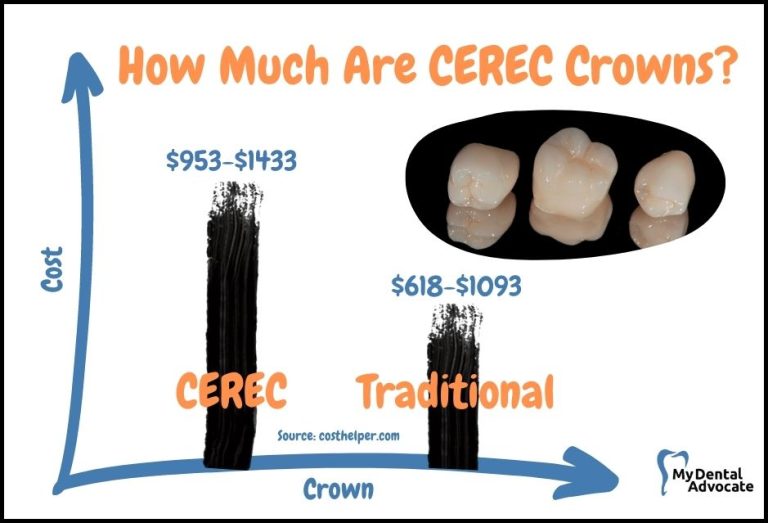
How Much Are CEREC Crowns? (Pros, Cons & Treatment Cost)
Treatment cost for CEREC crowns varies depending on where you live and the dentist’s credentials, but it is typically more expensive than getting traditional crowns. This blog post will discuss the pros and cons…
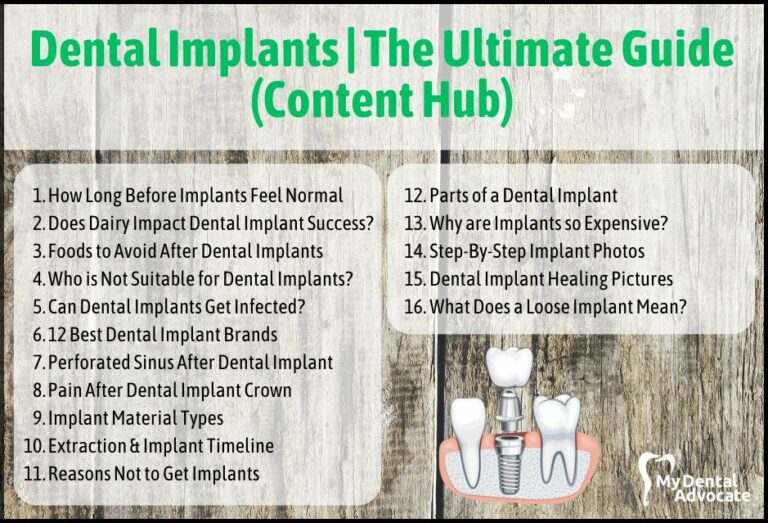
Dental Implants | The Ultimate Guide (Content Hub)
Dental implants are not just about filling the void left by a missing tooth – they are about regaining the joy of a hearty laugh, savoring your favorite foods, and, most importantly, restoring your confidence to smile unreservedly.
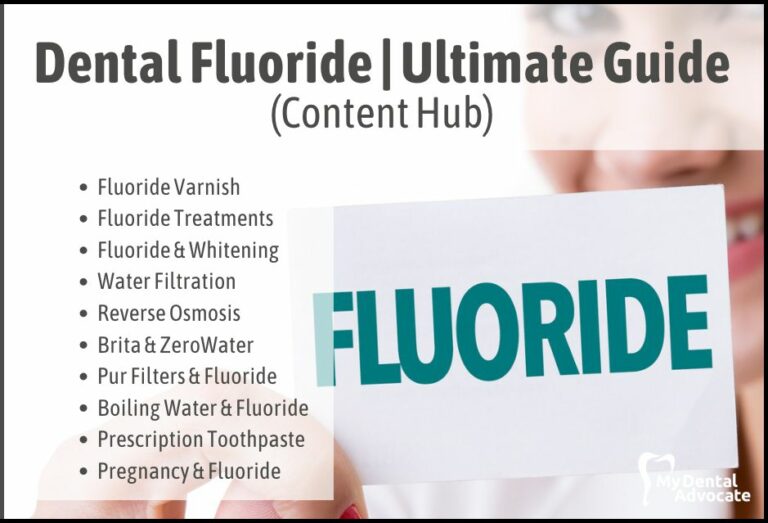
Dental Fluoride | The Ultimate Guide (Content Hub)
As a dental professional, I understand the importance of maintaining good oral health and preventing dental problems. Fluoride is an effective tool in promoting dental health and preventing cavities, but there are potential risks…
Gain Clarity with Our FREE Second Opinion Guide
Receive clear, expert second opinions online within 48 hours. Start today!
Product Reviews
Our 250+ dental product reviews (and counting), curated by an experienced dentist, are the most comprehensive online.
Toothbrush Genie
State-of-the-art chatbot designed to help you discover your perfect toothbrush in just a few simple steps!
Cavity Risk Assessment
Cutting-edge digital tool designed to evaluate your individual cavity risk based on your responses to a series of questions.
Gum Disease Assessment
Discover your gum disease risk with our quick and engaging 6-question assessment!
